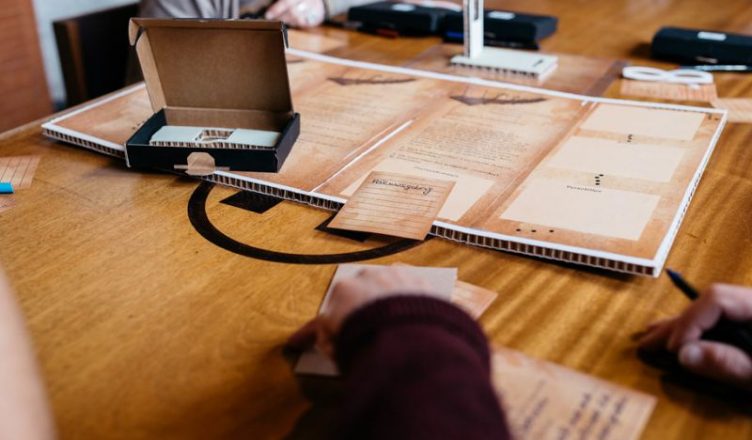During the RISE IMET conference on emerging technologies in museums and cultural heritage, Waag presented the approach for impact assessment and evaluation of heritage projects for museums, which is introduced in the project Mingei. In this approach Waag advocates for monitoring and examining what is being learned throughout the full life-cycle of a project, rather than focusing on the final technology or result. Areti Damala, freelance academic heritage researcher for Waag, shares her findings in this blog.
‘The RISE IMET conference gathered researchers, academics and practitioners working on emerging technologies applied in museums and cultural heritage. In the presentation, I discussed the approach for evaluation and impact assessment of digital heritage projects, which we introduced in the project Mingei, together with Merel van der Vaart, on behalf of Waag.
Evaluation of technology-mediated experiences of users qualifies as one of the most important challenges in digital heritage. Most often, evaluation approaches focus on the final product or outcome of a project. Within Mingei, Waag advocated for an approach that monitors and examines what is being learned during the project. The process of collaborative learning that takes place in working with different partners, is complex and merits to be monitored and documented as well. It is for this reason that within Mingei we introduced the concept of institutional and organisational learning.
‘Within Mingei, Waag advocated for an approach that monitors and examines what is being learned during the project.’
This means that Waag will examine, monitor and document the institutional and organisational learning that take place in the project, in addition to monitoring all utility, usability and user experience (UX) studies. We put forward an approach that draws inspiration by the Generic Learning Outcomes framework (as applied in museums and heritage sites) and the method of Team Based Inquiry. The Generic Learning Outcomes model advocates that learning can manifest itself as enjoyment, inspiration, and creativity. At the same time, Team-Based Inquiry cycles carried out by heritage and technology partners, allow to identify a pertinent question, and investigate how a program, project or activity can be readily improved.
Our work was at the origin of various questions from the session participants around articulating, combining and presenting evidence from findings around learning. Learning which occurs both as a result of using Mingei project digital outcomes, as well as learning as a multidimensional and multi-experiential outcome from getting involved in a complex, multi-disciplinary digital heritage project. You can read the abstracts of other presentations and keynote speeches of the conference here.
What is next?
Mingei plans for reaching out to like-minded digital heritage and digital media, learning and education practitioners during the annual CECA (Committee for Cultural Education and Cultural Action) Conference. This event will be hybrid and take place in Belgium and online in October 2021. The conference theme is ‘Co-creation inside and outside the museum’.’

